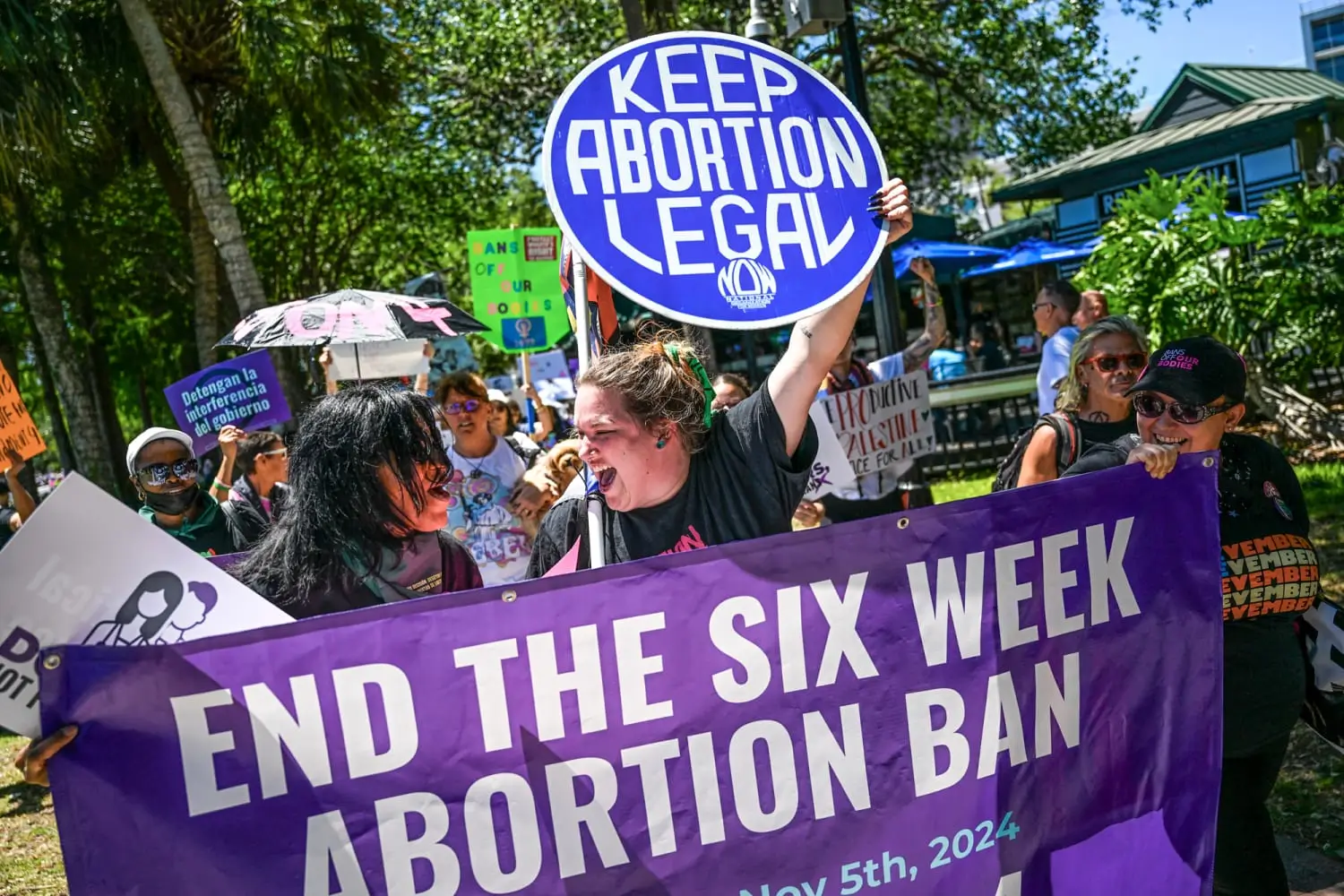
Newsletter Subscribe
Enter your email address below and subscribe to our newsletter

Enter your email address below and subscribe to our newsletter


Florida’s abortion landscape has undergone significant changes in 2024. With the overturning of Roe v. Wade by the U.S. Supreme Court in June 2022, the power to regulate abortion shifted to individual states.
This article provides a comprehensive overview of Florida’s current abortion laws, including recent restrictions, upcoming ballot initiatives, and resources for women seeking reproductive healthcare.
As of 2024, Florida restricts abortion access through the House Bill 5 (HB 5), also known as the “Florida Heartbeat Act.” This law prohibits abortions after six weeks of pregnancy, with some exceptions.
Here’s a breakdown of the key restrictions:
Advocates for abortion rights argue that the six-week limit effectively bans most abortions in Florida. Many women don’t discover their pregnancy until after six weeks, leaving them with limited options. This can disproportionately impact low-income women who may face additional challenges accessing healthcare within the narrow window.
Florida voters will have a crucial say in the future of abortion rights in the upcoming November 2024 election. Amendment 4, also known as the “Right to Abortion Initiative,” is on the ballot.
Key Points of Amendment 4
For Amendment 4 to pass, it requires a 60% supermajority vote, a high threshold compared to a simple majority vote. The upcoming election will be a battleground for abortion rights, with both sides gearing up for a significant campaign effort.
Resources for Women Seeking Abortion Care
Here are some resources for women seeking abortion care in Florida, keeping in mind that options may be limited due to the current restrictions:
Florida’s abortion laws are in a state of flux. The outcome of the November election will significantly impact abortion access for women in the state. Regardless of the outcome, it’s crucial for women to be aware of their rights and the resources available to them.
Additional Considerations
Florida’s abortion laws in 2024 present a challenging and evolving landscape. With the upcoming ballot initiative, voters will have the opportunity to shape the future of abortion rights in the state. This article provides a starting point for understanding the current situation and the resources available to women seeking reproductive healthcare.